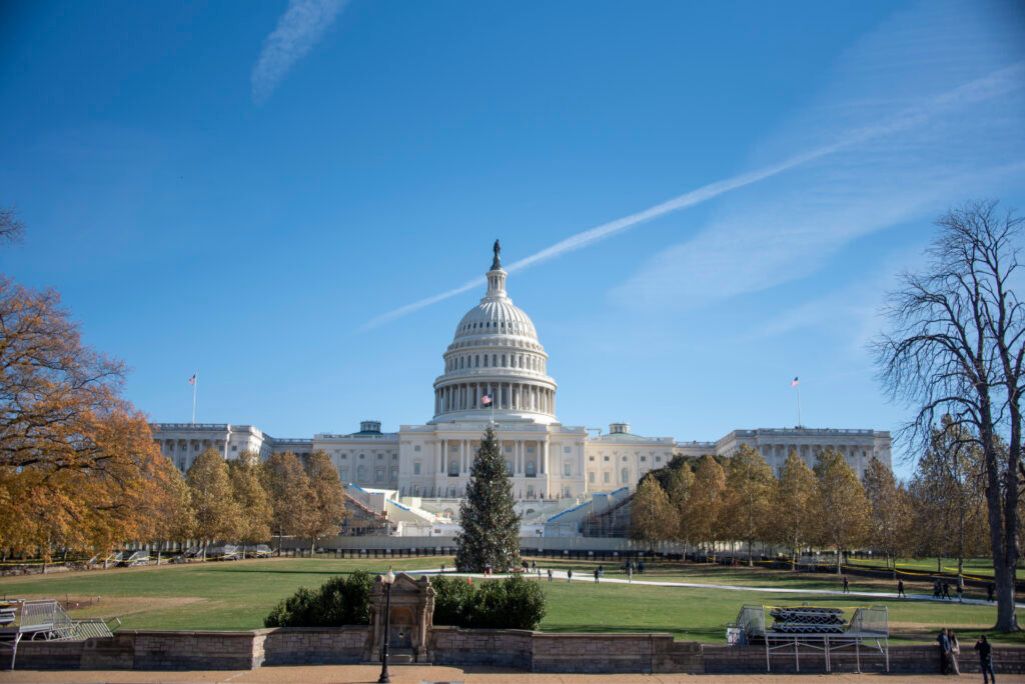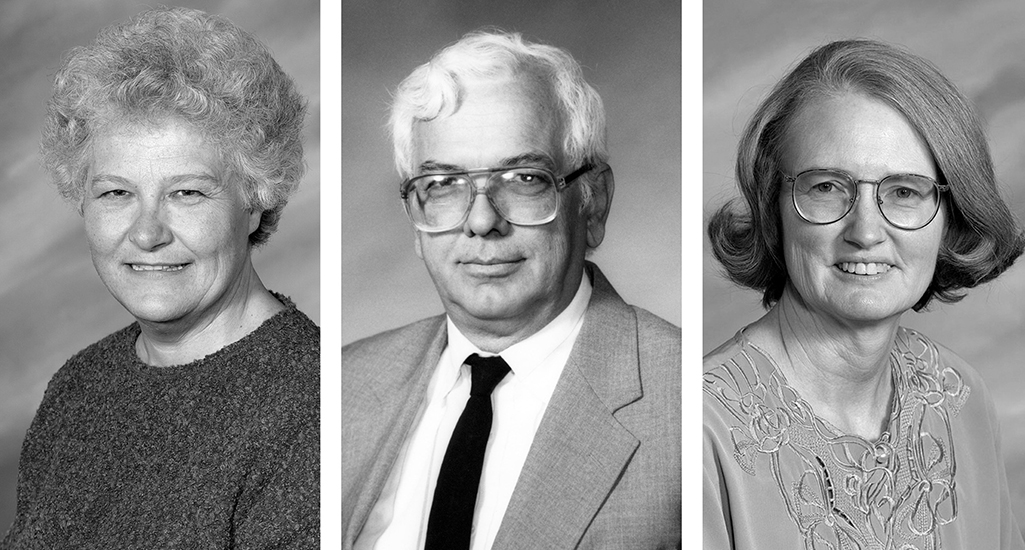In a small village in the Levant, ISIS is gone. The bombs have been silenced. The violence has passed. In its place is a stillness – a darkness that hovers, testifying to what happened here. Some call it terrorism, some call it religion, some call it politics. Villagers know it as a darkness whose far-reaching tendrils choked out life.
|
IMB Photo |
Here, ISIS had dragged men and women from their houses to be beaten, crucified, and beheaded. Children, forced to watch things too horrible to speak of, were trained to be warriors and zealots.
Now, where homes, churches, schools, and playgrounds used to be, there is only rubble. And below those piles of rubble are tunnels where men crawled beneath the skin of this once peaceful village, doing damage from within its very core, infiltrating the hearts of people with fear while celebrating violence, hatred, and death.
The air itself seems heavier after those days. Believers say they can physically feel this weight as they walk the streets marked by garish graffiti, bullet holes, and ash. But knowing One who is greater and stronger than any other gives them the courage to come and minister to those left behind, all while praying from Genesis 50, what had been intended for evil, God might use for good.
A Light in the Darkness
Many former residents don’t have the peace and comfort that comes through God’s Word. They can’t bear to see the places where loved ones were killed and tortured, and they choose instead to remain in exile forever. Others are slowly and cautiously returning, knowing past lives will never be reclaimed but hoping they can build something new. Christian workers want to help them build on a solid foundation.
When Luqa,* a local believer, and his family fled their village, it was with only the clothes on their backs, gunfire echoing in their ears, and tanks chasing them. The family was separated at the checkpoints, and he feared he would never see them again. Relief was palpable when his brother contacted him by phone. The family reunited and waited for the nightmare to end. A year later, they returned to the shadow of what had been their home, and they began to rebuild. Luqa doesn’t feel despair at the hard work ahead because he sees it as an opportunity to be a light in the darkness. He feels hope and urgency as he engages people and shares the gospel.
Christian workers, Luqa, and other local ministry partners are working together to bring the hope of Christ into this once terrorized village and the surrounding camps that house many internally displaced peoples. Many of those in the camps have tried to get back home but were unsuccessful. One family the Chistian workers met in the camp returned to their liberated village only to find their home was booby-trapped by ISIS. The grandfather of the family came back to the camp with only one leg and a heart full of despair.
Hopelessness is the most common emotion shared by these survivors, and when they hear that the Christian God is the God who sees, knows, and wants to redeem, they are amazed and very receptive to the gospel, unlike in the years before ISIS came to power.
Christian workers say that’s the one positive thing that came from those years: many heavy hearts became open to hearing the truth of the gospel and willing to leave their former Muslim beliefs. Christian workers have seen several people trust Christ, and many, many more Muslims have heard the message of Christ with openness.
The overwhelming love of God is what compels this change. These former Muslims have never known a God who loves them, forgives them, helps them, and promises a future.
A Light from the Past
Christians in 2019 aren’t the first to reach this population. In the first years after Jesus’s death, Thomas the apostle may have traveled to this part of the world, bringing good news of a resurrected Savior. The Christian church has had a continuous presence since that time, but it has been a target of persecution for centuries.
More recently, before the war began in 2003, there were 1.5 million people who identified as Christians. Their presence was a good witness to the Muslim majority. In fact, the country’s top leader employed Christians as his advisor and cooks because he trusted them. Villagers knew Christians as upright in business practices, generous to help their neighbors out, and kind, as opposed to local Muslim culture that is very tribal in its allegiances and shrewd in business. Today, after the war and the work of ISIS, it is estimated that only 250,000 Christians remain.
But God in his sovereignty has broken down barriers through the years, both spiritually and physically. Whereas this area was closed to outsiders before 1990, now Westerners are a welcomed sight as they bring aid and comfort. Christian workers spend their afternoons in the tents of survivors, drinking tea and listening to stories. That seems to be therapeutic and a simple way to show love, though it takes a toll on these workers. They have found that it’s not possible to carry the weight of those stories alone, but they prayerfully entrust each one to God.
Graciously, God is a trustworthy custodian. He keeps track of our sorrows and collects our tears in his bottle (Psalm 56:8). He’s been doing it since the beginning of time, since Adam and Eve left their perfect home in Eden to struggle and strive in this same patch of land, since the nation of Israel was carried into captivity in Babylon, since three young Hebrew men stood in the fiery furnace. All of these things happened near where Christian workers live and work every day. The history is deep. God’s compassion is deeper still.
Christian workers in the region today aren’t the first to bring the gospel message; the Father has been at work in that place long before he ever called them to lived there. But now He’s equipping and using them to further explain this good news.
Let’s pray for Christian workers who work to rebuild homes and hearts after wars in the Middle East. ISIS isn’t gone for good. They still control the hearts and minds of many. They have been run out of towns and villages, but they’ve regrouped in the countryside. Pray for peace and for salvation for these ancient peoples who have discovered a new reason to hope.
(EDITOR’S NOTE – Nicole Leigh is a writer with IMB. She lives in Europe. This article was originally published at IMB.org. Used by permission.)



